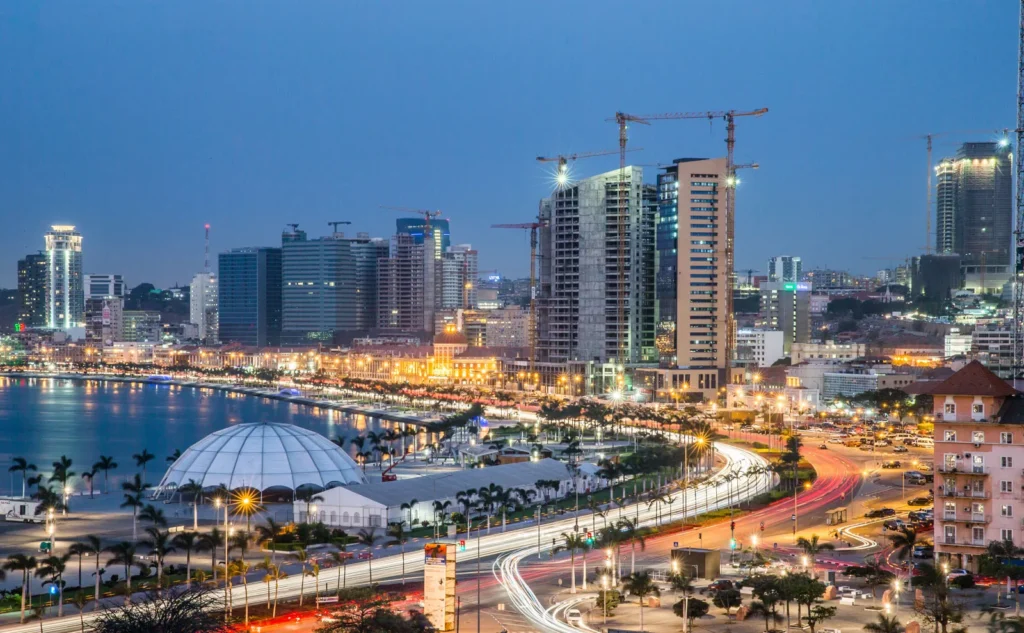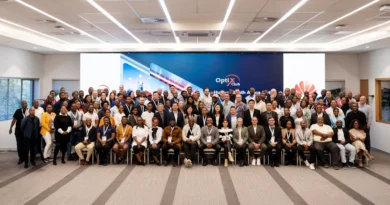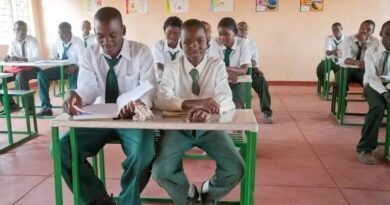Angola’s Path to Growth and Poverty Reduction Lies in Inclusive Financial Development – World Bank
Angola has achieved its strongest economic growth since 2014, with real GDP expanding by 4.4% in 2024, according to the latest Angola Economic Update (AEU) from the World Bank Group. Titled Boosting Growth with Inclusive Financial Development, the report highlights how this growth was driven by a rebound in oil production, diamond extraction, and expansion in commerce and fishing.
Despite the rebound, the report warns that Angola still faces lingering effects from years of stagnation. From 2016 to 2020, the economy contracted by over 10%, averaging a 2.1% annual decline. The World Bank projects an average GDP growth of 2.9% between 2025 and 2027, insufficient, it says, to significantly raise living standards or reduce poverty.
“The Angolan economy is in urgent need of establishing a consistent pathway toward robust growth,” said Juan Carlos Alvarez, World Bank Country Manager for Angola. “While current reforms are promising, Angola must double down on diversifying its economy and expanding support to key non-oil sectors.”
The report stresses that inclusive financial development will be central to that goal. Currently, financial access remains limited, especially in rural areas. Many households, particularly women and older adults, lack access to banking, credit, savings, and digital services. Compared to other regional economies, Angola ranks lower in financial inclusion.
“Financial inclusion is not just a social good, it is an economic imperative,” added Benedicte Baduel, World Bank Senior Country Economist. “By improving access to financial tools, Angola can empower farmers, entrepreneurs, and small businesses, boosting productivity and job creation.”
The report outlines a reform roadmap aimed at building a stronger and more inclusive financial sector:
- Expand digital payment systems to reach underserved and remote communities.
- Simplify access to digital finance to encourage usage across all demographics.
- Strengthen MSME finance by improving the regulatory environment for microcredit and small enterprise lending.
- Improve transparency and market alignment of state initiatives targeting MSMEs.
- Implement AML/CFT reforms to align with the Financial Action Task Force (FATF) standards.
- Increase access to insurance, including weather-based insurance for agriculture.
It also highlights the importance of extending financial services beyond Luanda, particularly in strategic regions like the Lobito Corridor and secondary cities. The rise of digital banking presents a key opportunity to connect rural and low-income populations to formal financial systems.
According to the World Bank, implementing these reforms will be vital not only for sustainable growth but also for addressing income inequality and reducing poverty.
The AEU was released alongside the Angola Country Economic Memorandum, which provides an in-depth analysis of priority sectors and policy options to accelerate structural transformation.



